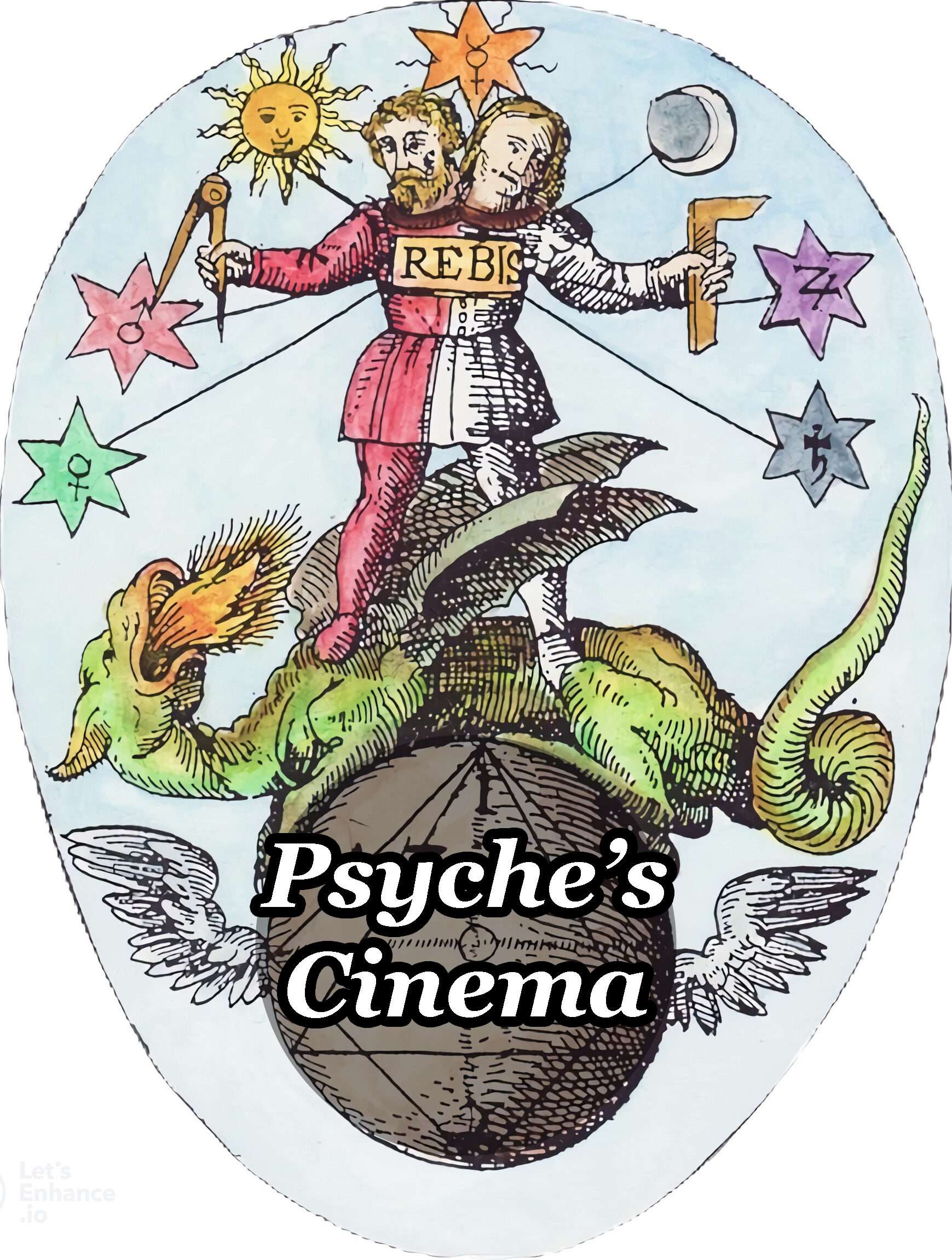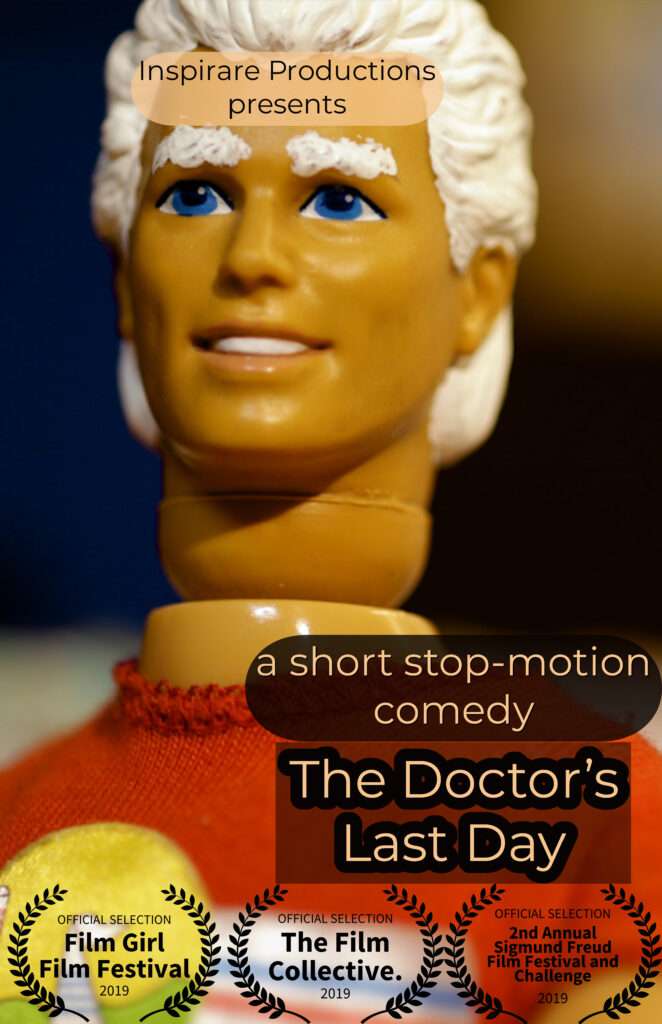Although I’m an award-winning playwright and screenwriter, this was my first stop motion comedy film!
A psychologist tries to help four different friends who visit him on the same day. Premiered at the Sigmund Freud Film Festival.
Watch more of Laura’s films here!
Regarding Jokes and Their Relation to the Unconscious by Sigmund Freud
“Freud begins by suggesting that jokes serve as a social and psychological outlet, allowing individuals to express thoughts and emotions that might otherwise be repressed or unacceptable. He argues that jokes often involve the release of pent-up psychic energy, providing temporary relief from tension and inhibitions.
Freud claims that “our enjoyment of the joke” indicates what is being repressed in more serious talk. Freud argues that the success of the joke depends upon a psychic economy, whereby the joke allows one to overcome inhibitions.
According to Freud, understanding of joke technique is essential for understanding jokes and their relation to the unconscious, however, these techniques are what make a joke a joke. Freud also noted that the listener laughing really heartily at the joke will typically not be in the mood for investigating its technique.
The book is divided into three sections: “analytic,” “synthetic” and “theoretical.” The book’s first section includes a discussion on the techniques and tendencies of jokes. The second section includes a discussion on the psychological origins and motives of the joke and the joke as a social process. The book’s final section discusses the joke’s relation to dreams and the Unconscious.
Freud analyzes various types of jokes, including innocent wordplay, obscene humor, and wit. He examines the mechanisms behind joke formation and enjoyment, such as condensation (combining multiple meanings into a single expression) and displacement (redirecting taboo thoughts or desires onto more acceptable targets). According to Freud, jokes often rely on the violation of social norms and the release of repressed desires, making them a form of disguised wish fulfillment.
Furthermore, Freud explores the relationship between humor and the unconscious mind. He suggests that jokes often contain hidden meanings and symbolism that reflect unconscious desires, conflicts, and fantasies. By analyzing the underlying content of jokes, Freud believed it was possible to gain insights into an individual’s psyche.
Overall, “Jokes and Their Relation to the Unconscious” is a pioneering work that explores the psychological aspects of humor. Freud’s analysis provides a deeper understanding of the mechanisms behind joke formation, their social functions, and their connection to the hidden workings of the human mind.”
Excerpt from https://www.english-culture.com/freud-on-humor-and-jokes/ discussing Jokes and Their Relation to the Unconscious by Sigmund Freud

